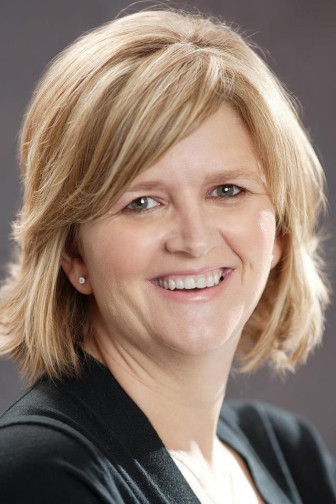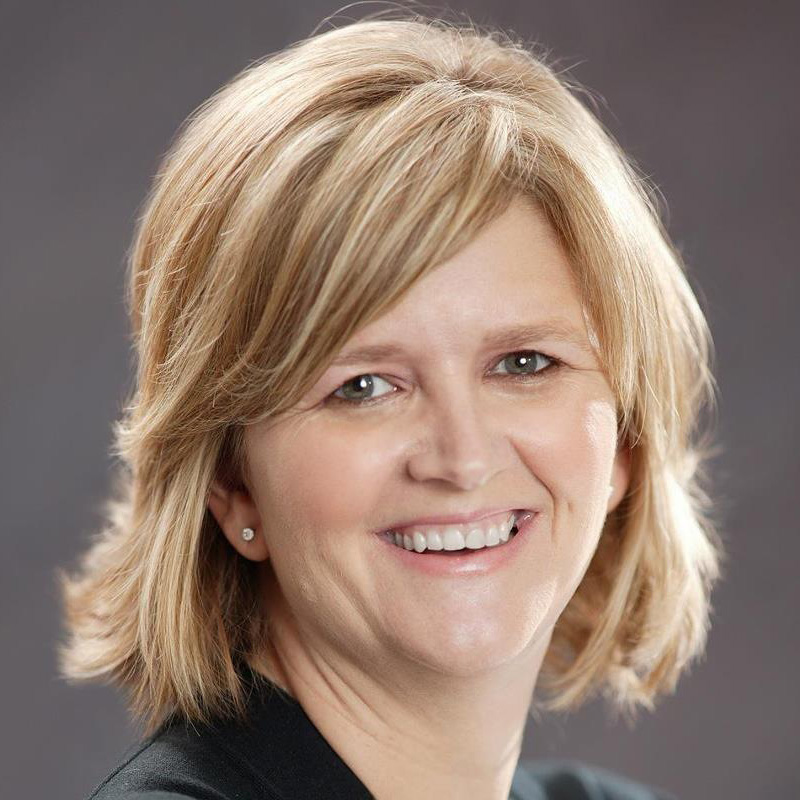 For more than 20 years, I said nothing. I hid my status as a foster care survivor from almost everyone I knew. The label “foster kid” had brought only negative judgment throughout my childhood, and I couldn’t think of any good reason to share this secret in my newly created life.
For more than 20 years, I said nothing. I hid my status as a foster care survivor from almost everyone I knew. The label “foster kid” had brought only negative judgment throughout my childhood, and I couldn’t think of any good reason to share this secret in my newly created life.
To protect the truth about my past, I cut ties with anyone who had known I was in foster care. And when I embarked on my college life and then my professional career, it was a topic I tried to avoid at all costs. I became quite good at covering up the truth. I even resorted to telling little white lies in order to avoid the chance that anyone would discover I had been raised in foster care, aged out at 18 and was left to my own devices by an overwhelmed system.
But one day in 2011, my life came to a screeching halt. After spending more than 20 years working in law offices, focusing on criminal defense and divorce matters, I had become burned out by watching essentially the same kids and the same parents circulate through the system. They had different names and faces, of course, but the stories were all very similar to my own beginnings: families that were at or below the poverty line, unemployed, single-parent homes, addiction issues, mental health issues. The similarities went on and on.
I saw person after person who reminded me of someone I had known when I was in foster care. Mirror images of my biological mother, foster parents, foster siblings, even the court staff and workers, responded the way they had when I was in the system. It was like being stuck in my own version of the movie “Groundhog Day.”
So, without any real plan, I Googled “foster care statistics.” This act changed my life. I had no idea how many children were in foster care in the United States, and I had little understanding of the horrendous job the system as a whole was doing to care for these children.
[Related: Legislation Would Keep Foster Kids From Having to Change Schools]
When I was in foster care, I knew very few other foster children. At school, often in rural areas, I was not exposed to other foster children outside of the home I lived in. We had no support groups. I thought I was the exception, a broken child from a broken home. When I realized that I wasn’t alone, I knew that I had to share my story so that I could help others like me.
That’s what started this journey: a mission of educating the general public on the real effects of the foster care system and how it affects the criminal justice system, the welfare system, the prison system, unemployment rates and the countless other facets of society that so many foster youth continue to be a part of.
In this quest I am asked almost daily by social workers, case managers, supervisors, youth ambassadors and the like: “What was the one thing that happened that allowed you to become successful?”
I understand why they ask that question. I aged out of the system with no support, and yet I managed to graduate from college, establish a fulfilling career as a legal professional and life coach, and now have a wonderful family of my own. I understand they are curious to know if there is one thing that could be repeated to make success happen for other youth trapped in the system.
There is only one thing I can point to that allowed my life to turn out the way it has while so many others struggle: I had a stubborn belief in myself. I knew I would make it, no matter what life threw at me. And I refused to let anyone take that belief away from me.
Now I challenge those working in the system to ask themselves tough questions: Have you asked your children what they need or what they want out of life? I find that case workers are so busy filling out forms and answering telephone calls they often forget to ask that simple question of the children they oversee.
In my practice as a life coach, I counseled a social worker to help her move through a difficult point in her life. As we chatted, she made the comment that she felt trapped in her job because she did not have the resources to help even a small portion of the children on her caseload. She lamented that when she asked them what they wanted to be when they grew up and they said “a doctor, lawyer or veterinarian,” she knew that those types of jobs were unobtainable for them, given their circumstances.
Initially, I was caught off guard by her comment. “How come they can’t be those things?” I asked.
“Well, you have a student who is failing most of their classes, and who is not able to do their current work. How are they ever going to be able to become a doctor? It’s unrealistic.”
I thought for a moment about what she was saying. It was something I saw a lot in the court system. “Why is it your job to tell them no?” I asked.
She sat for a moment, staring at me. While we sat in silence, I couldn’t help but wonder why any of us thought we were in a position to tell someone they couldn’t do something. I had been told as a straight-A student in high school that people like me don’t go to college; instead, we get jobs to serve the rest of the world.
Isn’t it our job to encourage the dream? After all, children living in the foster care system hear “no” more than anything else. They hear things like “You can’t do that,” or “You can’t be that” from a lot of people. As a society, we should be the ones to say, “That’s a really big goal, and this is how you can do it!”
So I challenge you. Have you asked yourself, your family, your co-workers or the children what their big dream is? What they would do if they could do anything in the world?
Shenandoah Chefalo is a foster youth alumna. She is a writer and advocate for foster youth and foster care reform. You can learn more about her and her work at www.garbagebagsuitcase.com.
More stories related to foster care:
Colbenson: We Know How to Help Foster Kids Despite Past Trauma
Anonymous: I Chose the Wrong Mom
Payne: What Interventions Are Critical for Foster Children in Generation K?
































